Steve Frisque on the UAW strike and American labor movement
United Auto Workers Local 722 President Steve Frisque describes how a strike by the UAW reflects economic conditions that are motivating a wave of union organizing and labor actions across the nation.
By Marisa Wojcik | Here & Now
October 4, 2023 • West Central Region
VIDEO TRANSCRIPT
Steve Frisque:
When the pandemic was going on, we were the greatest thing since sliced bread. You know, everybody was in there. We never shut down. We worked constantly. We had people sick, we had a lot of people sick and then they would miss work and they wouldn't get paid and, you know but we kept things going. We had to keep things going for, you know, a lot of first responder vehicles and things that need to have parts. We needed to keep those things moving for, you know and so we did that and our reward is now that we're overpaid and being selfish. And that's what we're told and that's what the companies put out in the media, that, you know, we're being unreasonable and this and that. It's insulting. It's very insulting to us. And the funny thing is a lot of the local management people, they won't tell you this on camera but they're supporting us. They know that we should be getting more money and they appreciate what we do. They're already telling us, please hurry up and get back. We don't wanna do this. You know, 'cause they're having to do some of our work and they don't like it. So, and they also understand that when we do better, they do better. And that's what we try to explain to a lot of these non-union shops around us is that you understand that when we get better wages and we get better benefits, that everybody around in the surrounding areas are gonna get the same thing. Everything's gonna move up. They have to pay you that in order to keep you as an employee. I said, so when we do these things, the middle class we bring everybody up, we bring people up and that's what we need to do. You know, it's become the haves and haves nots in this country. And pretty soon we're gonna have two classes of people, the ultra rich and the poor. And I think that that's the way we're going unless we do something about it. And you're seeing that this year which is really neat to see, you know, from, you know Blue Cross Blue Shield just went out a couple weeks ago. Teamsters went out against UPS, you know, they were gonna go and they got a nice contract. We've seen John Deere last year. You're seeing a lot of people organizing now and, you know, they're having a, you know, Starbucks, the Half Price Books. There's just things that you thought would never be organized, even some of the Amazon warehouses. So people are tired of it and they're fighting back. And that's a good thing because we needed that to happen in this country. But I have a passion for it. ...
... My father was a GM worker, UAW, he was UAW president in Janesville at UAW Local 95. My grandfather worked there. So I'm a third generation. My grandfather was one of the guys that got the union started down there in the '30s. They would've meetings in his basement, they had to put newspaper over the windows because if you got caught, you were terminated, you were fired. And so there's a history there. I was brought up in that environment. So I take a lot of pride in that. And it's like I said, it's humbling to lead your people and, you know, and fight for them. And fight for, you know, so they can have a good life too. You know, I'm at the end of my career. I worked for 37 years and this is probably my last go around here. And, but I wanted to leave it in hands of capable hands when we leave. And that's what we're doing, you know, bringing these younger kids up to learn how to do these things so that when we're gone, they can take over.
 Passport
Passport




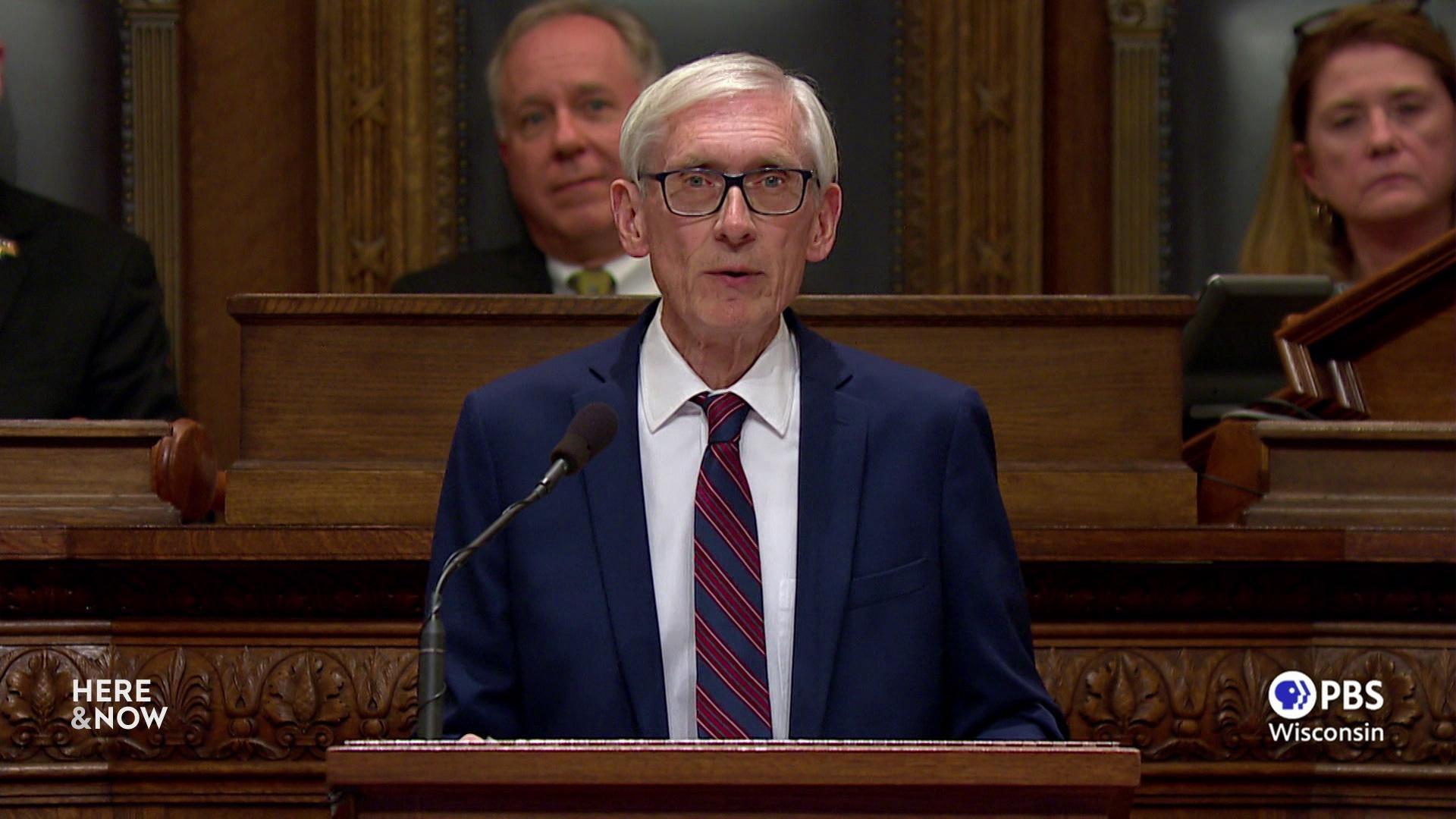
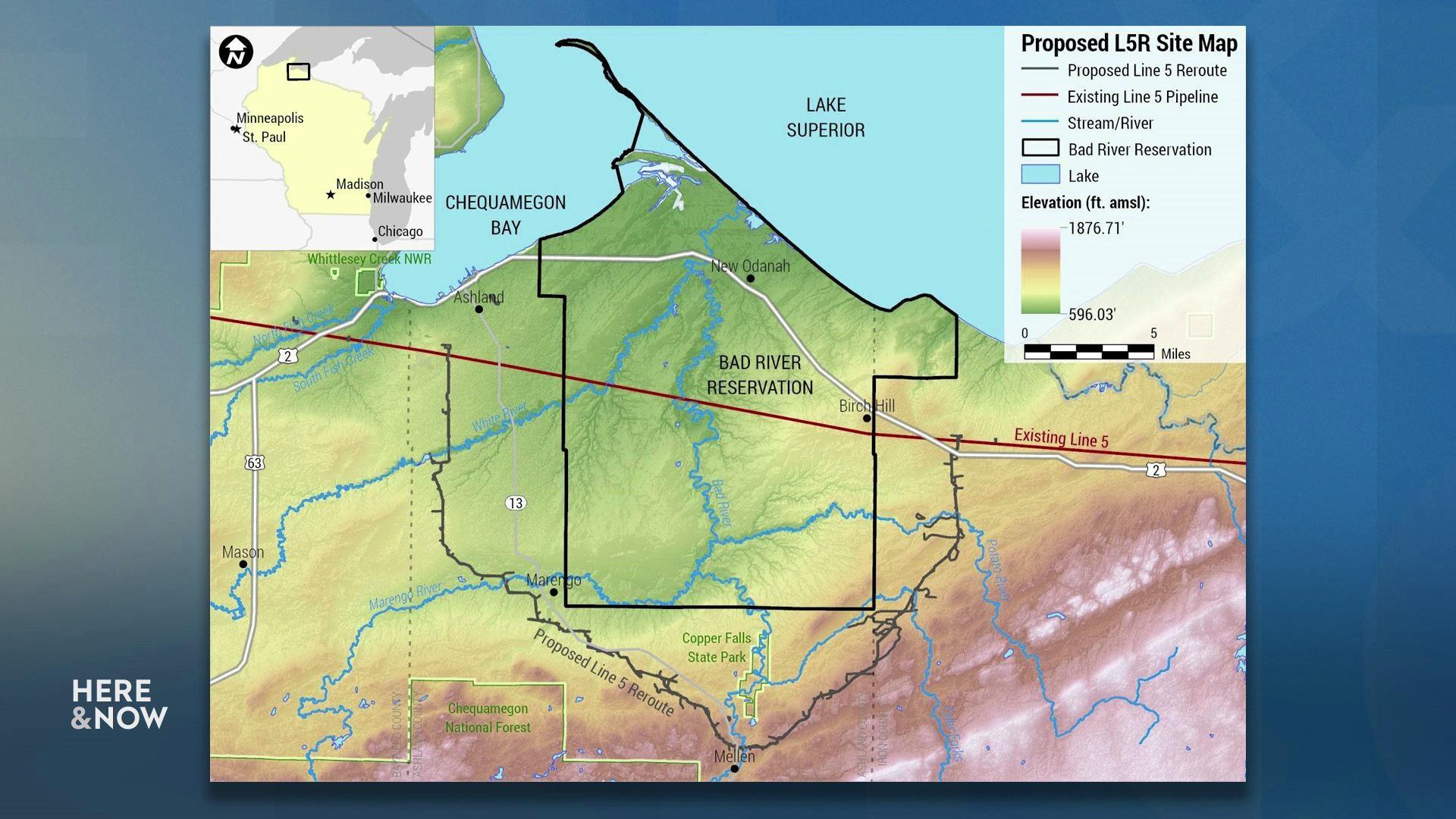
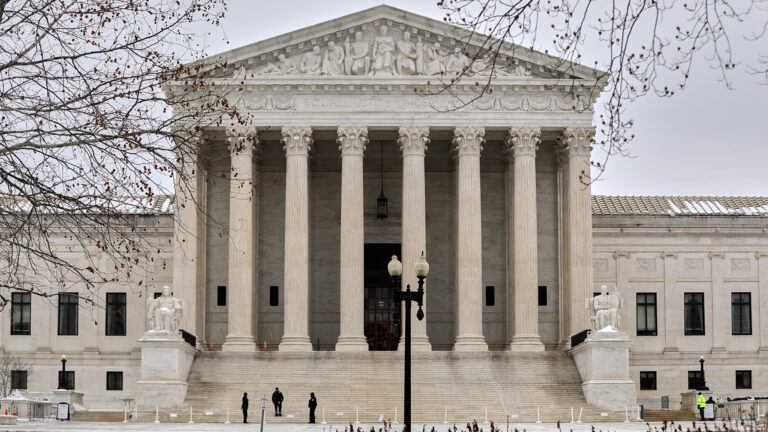

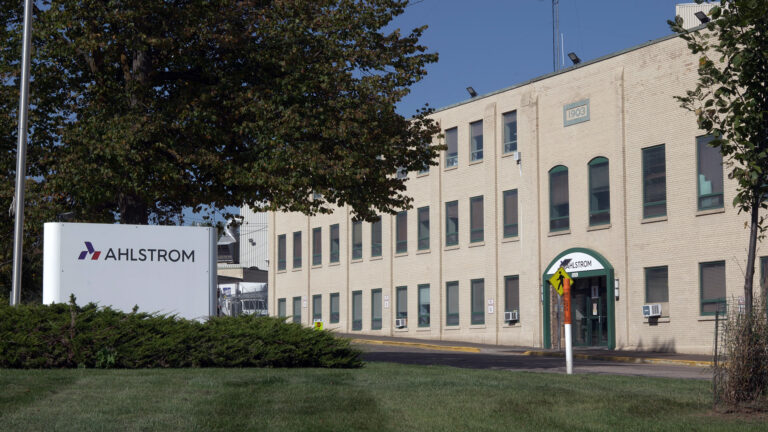
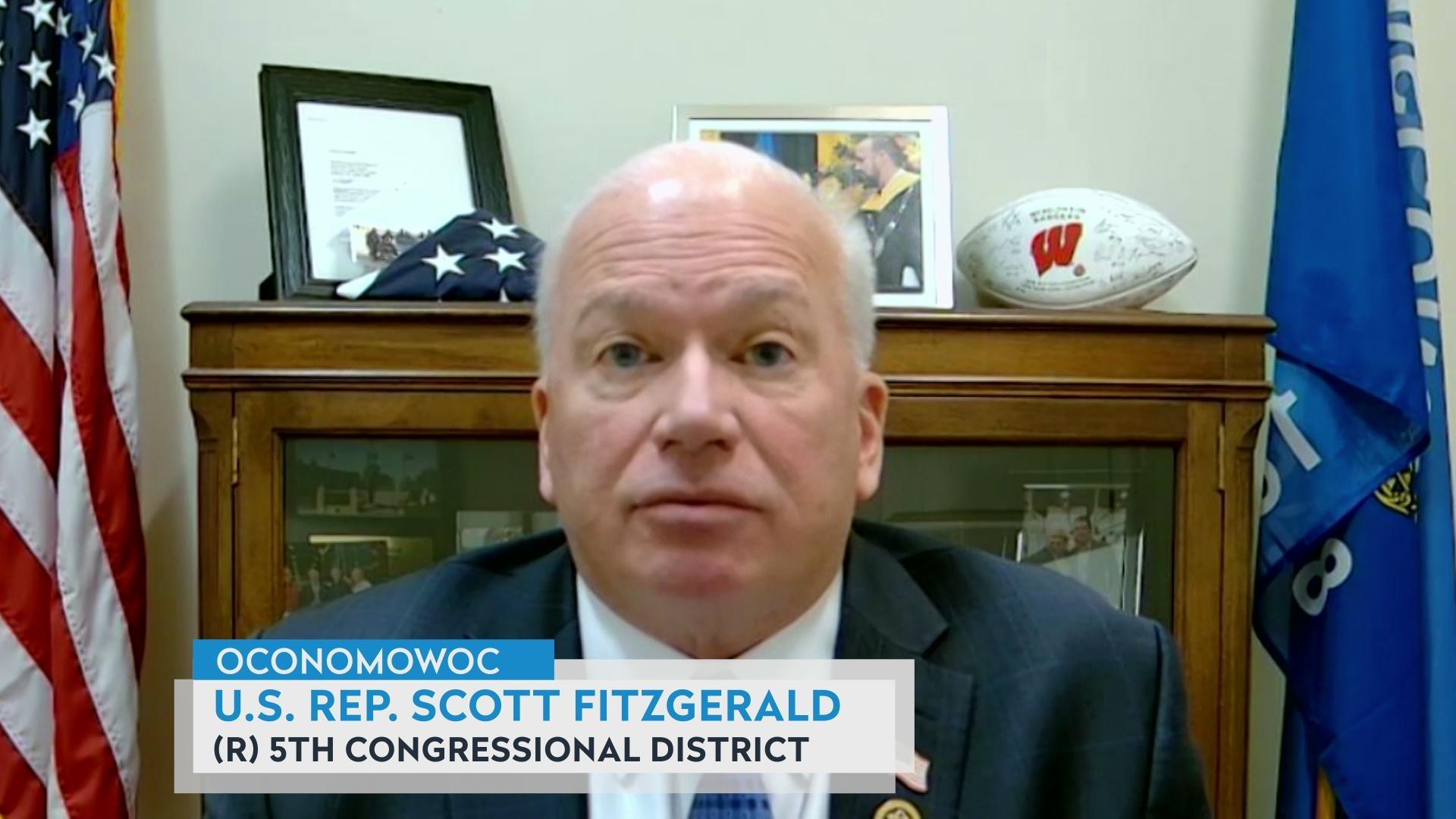

Follow Us